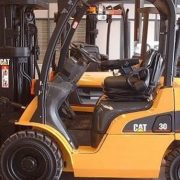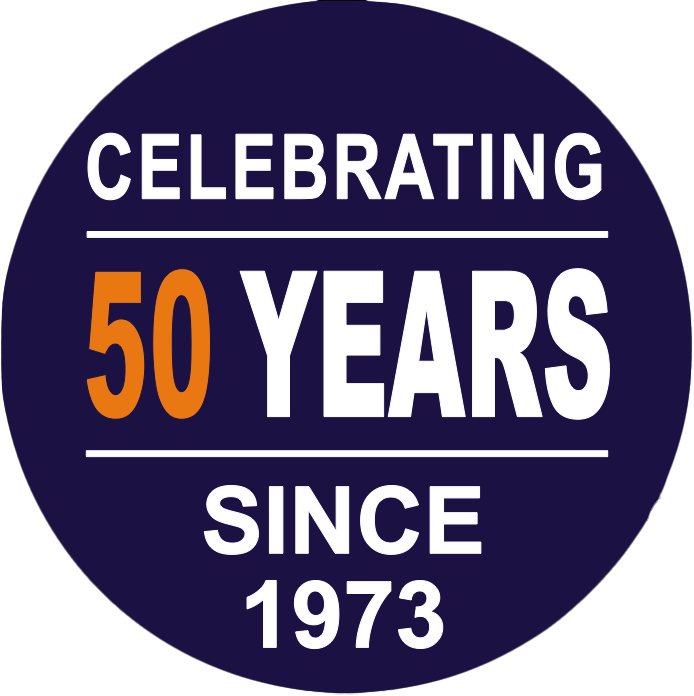What do you need for a thorough forklift LOLER and PUWER 98 compliant examination?
You rely on your forklift to be a reliable and dependable working machine. To that end, regular and thorough inspections are essential in order to keep your forklift working at its best. Here’s what you need to know about regular forklift maintenance, including how often you should have it done, what should be included and LOLER/PUWER 98 compliance.
What is a forklift Thorough Examination?
The first thing you should be aware of if you’re not already is that a Report of Thorough Examination works the same way as a vehicle’s MOT does. That’s to say that it’s not “up to you” whether you get one or not. A Report of Thorough Examination is an indication that the machine has been comprehensively examined and is deemed safe for use. This has to be done annually at a minimum, there is a possibility of the intervals being less depending on the harshness of the work your forklift does and the specific attachments used.
A Thorough Examination must be done by someone deemed a “Competent Person”. A competent person, in this case, is anyone who is properly certified in the repair, maintenance, and examination of forklifts. If you’re in doubt be sure to ask your chosen specialist if they are suitable to act as a competent person for the purposes of the inspection. If they’re not, the inspection will be void.
What is covered in a Thorough Examination?
A Thorough Examination will, as the name implies, encompass all aspects of your forklift’s operation. Every element of the drive train, steering, brakes, and attachments will be thoroughly examined. Much as with an MOT, these elements will be inspected for their safety and suitability for use. If anything is deemed to not be operating within proper safety standards, you will have to have it repaired or replaced before a Report of Thorough Examination can be issued.
You will often see mention of LOLER and PUWER elements of the tests. LOLER is the Lifting Operations and Lifting Equipment Regulations 1998, and PUWER is the Provision and Use of Work Equipment Regulations 1998. Broadly speaking LOLER refers to the lifting elements of the forklift, namely the forks themselves or the other attachments you’re using. PUWER will refer to the vehicular elements, such as the drivetrain and brakes. These guidelines are laid out in the LOLER 98 and PUWER 98 sections of the HSE website. If you’re not familiar with these regulations, it’s important to read up on them and what they stipulate.
Whose responsibility is the Thorough Examination?
The Thorough Examination is the responsibility of the forklift truck’s owner. If you’re the owner and operator of the vehicle you’re responsible for arranging it. If however, you hire your forklift, the hire company is responsible – but it’s still up to you to ensure that it has been carried out before using the forklift.
How can you ensure that your forklift passes?
Regular maintenance is the key to a reliable forklift, and the Report of Thorough Examination isn’t the be-all-end-all of your forklift maintenance program.
Regular inspections and repairs of your forklift will help ensure there are never any untoward surprises when it goes in for its Thorough Examination. Make sure employees report defects or concerns with the vehicle and that they are immediately attended to. This will ensure your forklift should be in good working order on a consistent basis.
It’s also worth ensuring all operators of your forklift(s) are up do date with best practices when it comes to operating the vehicle smoothly. This can help minimise wear and tear on key components, minimising necessary repair costs.
Want to find out how we can help you get through Thorough Examination? Get in touch with our friendly team today.

